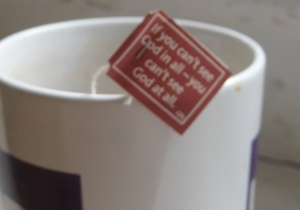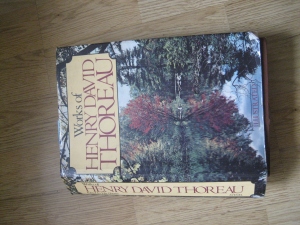
Life happens, stuff happens- sometimes good, sometimes bad. How does one keep being creative all the time? When I am happy, I actually don’t feel like doing anything creative. Surprisingly it is when I have been sad or ill, that is when I have been most creative. I had a stroke about four years ago, just after receiving a contract to write a 320 page-book. I had 71 blood tests, 5 scans and one operation. I also had to deal with a terrible situation at work during that time. The photo above shows the painting I did when I could not write and then after being able to sit up, I finished the book in nine months. That painting became the book cover.
Henri Matisse’s works are testament to the incredible vitality of the artist at a time when his body was increasingly frail after life-saving surgery for duodenal cancer in 1941. Overcoming the physical limitations being wheelchair bound, Matisse reinvented himself as an artist, from working with paint to collage. Calling this period “ma seconde vie”, he used scissors and water-based gouache painted paper to create vivid cut out collages. He called it ‘painting with scissors’. He said of that time, “Every day that dawns is a gift to me and I take it in that way. I accept it gratefully without looking beyond it. I completely forget my physical suffering and all the unpleasantness of my present condition and I think only of the joy of seeing the sun rise once more and of being able to work a little bit”.
The author of ‘The Diving Bell and the Butterfly’ is a memoir by French journalist Jean-Dominique Bauby. Pre-stroke, Bauby had a great life being the editor of the Elle fashion magazine. However, his greatest creative act came after suffering a massive stroke in 1995 that left him with locked-in syndrome in which the only movement he could do was blinking his eyes. The memoir was written by him blinking his left eyelid, which took ten months (four hours a day). Using partner assisted scanning, a transcriber repeatedly recited a frequency-ordered alphabet, until Bauby blinked to choose a letter. The book took about 200,000 blinks to write and an average word took approximately two minutes.
In an interview with the BBC, Judith Palmer, the director of the Poetry Society said that ‘There is no reason why rich poets can’t feel the hope, love, loss and wonderment they need to create their work. Money solves a lot of problems but it doesn’t stop you going through emotional trauma or suffering bereavement.’ But many artists and creative people have actually chosen ‘voluntary poverty’ in order to be more creative. In the mid-19th Century, visitors flocked to the cottage of John Clare, the ‘peasant poet’ who lived and worked in grinding poverty. Charles Baudelaire who squandered his inheritance and sank into debt, said: “Any healthy man can go without food for two days – but not without poetry.” Even today, we imagine that life has to be hard in order to be creative and unconsciously set about making our lives hard or give ourselves a hard time, even!
However, I feel that choosing this kind of life of ‘bohemian or voluntary’ poverty or to subject one’s body extreme conditions, in order to be creative, is not really true creativity. It is the opposite. True creativity is when one can use any life circumstance to be creative as Bauby, Matisse and others have done. Polly Stenham, who wrote her first play aged 19, and went on to have it performed at the Royal Court theatre in London, talks about illness in her family, ‘..I think having an ill parent..can be a gift. And you have to look at it like that. I wouldn’t have been a playwright had I not had to deal with it”. Friesian poet Tsead Bruinja says that he no longer has such a narrow conception of the art-form, and thinks poems can come out of all kinds of life experiences. “There’s poetry everywhere,” he says. Yes, indeed- life is our true master; life is the one place where we can find all creativity.









